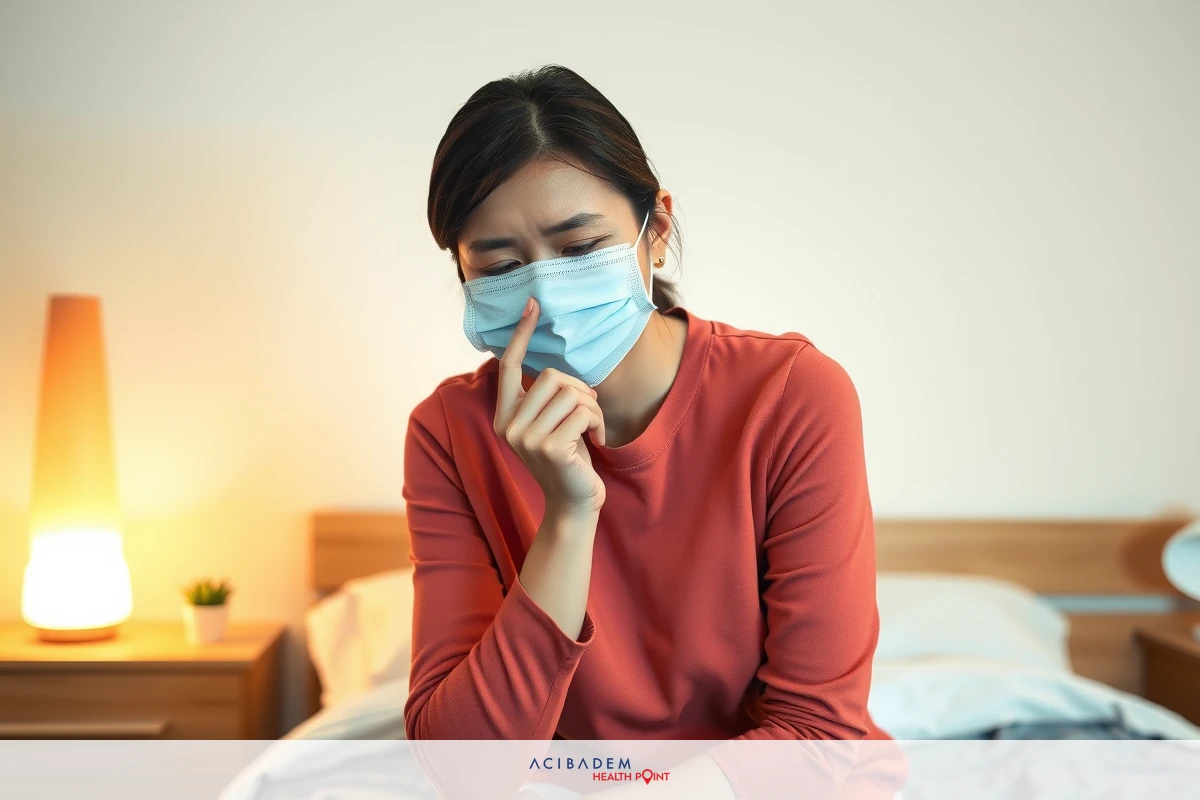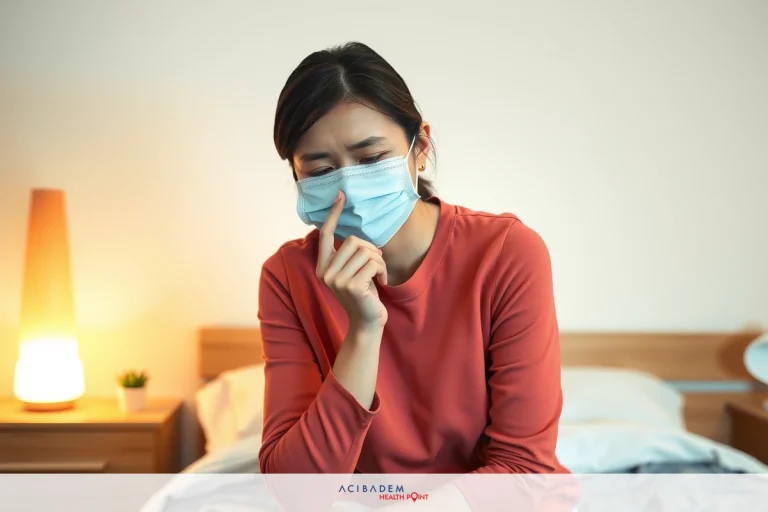How Long to Irrigate Nose After Rhinoplasty
How Long to Irrigate Nose After Rhinoplasty Nasal irrigation, a common practice after rhinoplasty, has been hailed as being integral in the postoperative journey. It promotes healing and ensures nasal hygiene – two critical elements in ensuring smooth recovery.
The timeframe for this procedure is often a subject of interest for patients who have undergone rhinoplasty. The importance of knowing these details can’t be overstated; they play an essential role in optimizing results and preventing complications. This piece aims to shed light on these aspects with clarity and precision, focusing solely on evidence-based information.
Guidelines exist that outline how best to carry out nasal irrigation safely and effectively after surgery. These instructions are invaluable resources for those recovering from rhinoplasty, providing them with the knowledge necessary to care for their newly operated noses diligently.
Benefits of Nasal Irrigation
Nasal irrigation, when performed after rhinoplasty, serves multiple purposes. It not only aids in recovery but also ensures a high level of nasal hygiene during the healing process. This simple yet beneficial procedure can help mitigate common postoperative issues such as dryness and congestion.
One significant advantage to note is its role in post-rhinoplasty care; it helps cleanse the nasal passage and reduce inflammation. Regularly washing out your nose with a saline solution helps remove mucus build-up and any remnants of old blood clots or surgical debris left behind from the operation. By doing so, you ensure that your newly operated nose has an optimal environment for healing.
This practice carries substantial weight regarding congestion relief – a prevalent issue faced by many patients following their surgery. It brings comfort by alleviating symptoms like stuffiness and difficulty breathing which could otherwise hinder day-to- day activities during recovery.
On another note, maintaining good nasal hygiene through regular irrigation contributes significantly to preventing infections – one less worry on the road to recovery! After all, a clean nose is less likely to harbor bacteria causing harmful infections that may impede progress towards full health post-surgery.
Let’s touch upon how this routine facilitates better sleep – crucial for anyone recovering from surgery as quality rest promotes faster healing. Those who maintain diligent irrigation schedules have reported reduced nighttime blockages leading to improved sleep patterns overall!
In summary, incorporating nasal irrigation into your daily routine after rhinoplasty offers numerous benefits ranging from promoting optimum levels of hydration within your nostrils to ensuring effective removal of potential irritants while easing congestion symptoms simultaneously.
How Long to Irrigate Nose After Rhinoplasty: Recommended Duration of Nasal Irrigation
Nasal irrigation duration, subsequent to rhinoplasty surgery, is often an area that leaves many individuals in a quandary. The ideal length for this practice varies based on individual factors such as the extent of the surgical procedure undergone and one’s personal healing rate. Nevertheless, some general timeframes can be suggested.
The initial days following your operation are when nasal irrigation holds paramount importance. It would be advisable to irrigate your nose at least twice or thrice daily during this phase. This frequency helps keep your nasal cavities clean and hydrated while reducing any discomfort from congestion due to postoperative swelling or clotting.
In most cases, surgeons recommend continuing regular nasal irrigation for about two weeks following rhinoplasty surgery – encompassing what is generally considered the acute recovery period. During these crucial first two weeks, consistent cleaning plays a significant role in promoting optimal healing conditions within your nostrils.
As you progress further into the recovery phase beyond those initial two weeks, the necessity for frequent nose washing gradually decreases. You may then shift towards performing it once daily or even every other day depending upon how comfortable you feel without it and with consultation from your medical advisor.
Remember that these guidelines serve as a general rule of thumb; they may not apply universally to all patients recovering from rhinoplasty surgery and should always be complemented by personalized advice from healthcare professionals involved in their care plan.

Overall, understanding the recommended duration of nasal irrigation after undergoing rhinoplasty paves way for better implementation of this routine into post-surgery life- ensuring smoother recovery coupled with improved comfort levels during healing!
How Long to Irrigate Nose After Rhinoplasty: Guidelines for Nasal Irrigation
In the realm of post-rhinoplasty care, knowing how to correctly perform nasal irrigation is an indispensable skill. This process involves more than merely rinsing your nose; it necessitates understanding certain specifics like saline solution preparation and the correct technique for cleansing your nostrils.
- Saline Solution Preparation: Begin with preparing a saline solution which forms the base for nasal irrigation. You can purchase pre-packaged saline packets or make one at home by dissolving half a teaspoon of non-iodized salt in 8 ounces of warm distilled water.
- Nasal Cleansing Technique: For irrigating your nose, you would typically use a bulb syringe or neti pot filled with the prepared saline solution. While standing over a sink, gently insert the tip into one nostril while bending forward to let gravity assist in drainage through your other nostril.
- Frequency of Irrigation: In terms of how often you should be performing this routine, refer back to our previous section on ‘Recommended Duration’. However, it generally includes twice-daily washes right after surgery which may decrease gradually as per individual healing rates and comfort levels.
- Aftercare Protocol: Post-irrigation care is equally crucial! Always pat dry your outer nasal area gently using a clean soft towel and avoid blowing your nose immediately afterward as it could potentially cause discomfort due to pressure changes within the nose.
- Safety Measures: Lastly but most importantly – always ensure safety when carrying out this procedure at home! Use only sterile or properly boiled-and- cooled water for making up your saline solution and clean all equipment before each use meticulously!
Following these guidelines will help form an effective postoperative regimen that favors both recovery and overall well-being after undergoing rhinoplasty surgery!
Frequently Asked Questions
How soon after rhinoplasty can I start nasal irrigation?
You can generally begin irrigating your nose a day or two post-surgery. However, it's always best to follow the specific recommendations given by your healthcare provider as individual cases may vary.
Can overdoing nasal irrigation cause any harm?
While nasal irrigation is generally safe and beneficial, excessive washing could potentially dry out your nostrils and cause irritation. It's important to strike a balance!
What should I do if my nose feels blocked even after regular irrigation following my rhinoplasty surgery?
Postoperative swelling or congestion could sometimes persist despite diligent care - rest assured that this is usually temporary! If you feel severely uncomfortable though, consult with your surgeon for additional advice.
Is it okay to use tap water for preparing saline solution at home?
No. For safety reasons, only sterilized/distilled water or previously boiled-and-cooled water should be used in making up a saline solution for nasal irrigation.











